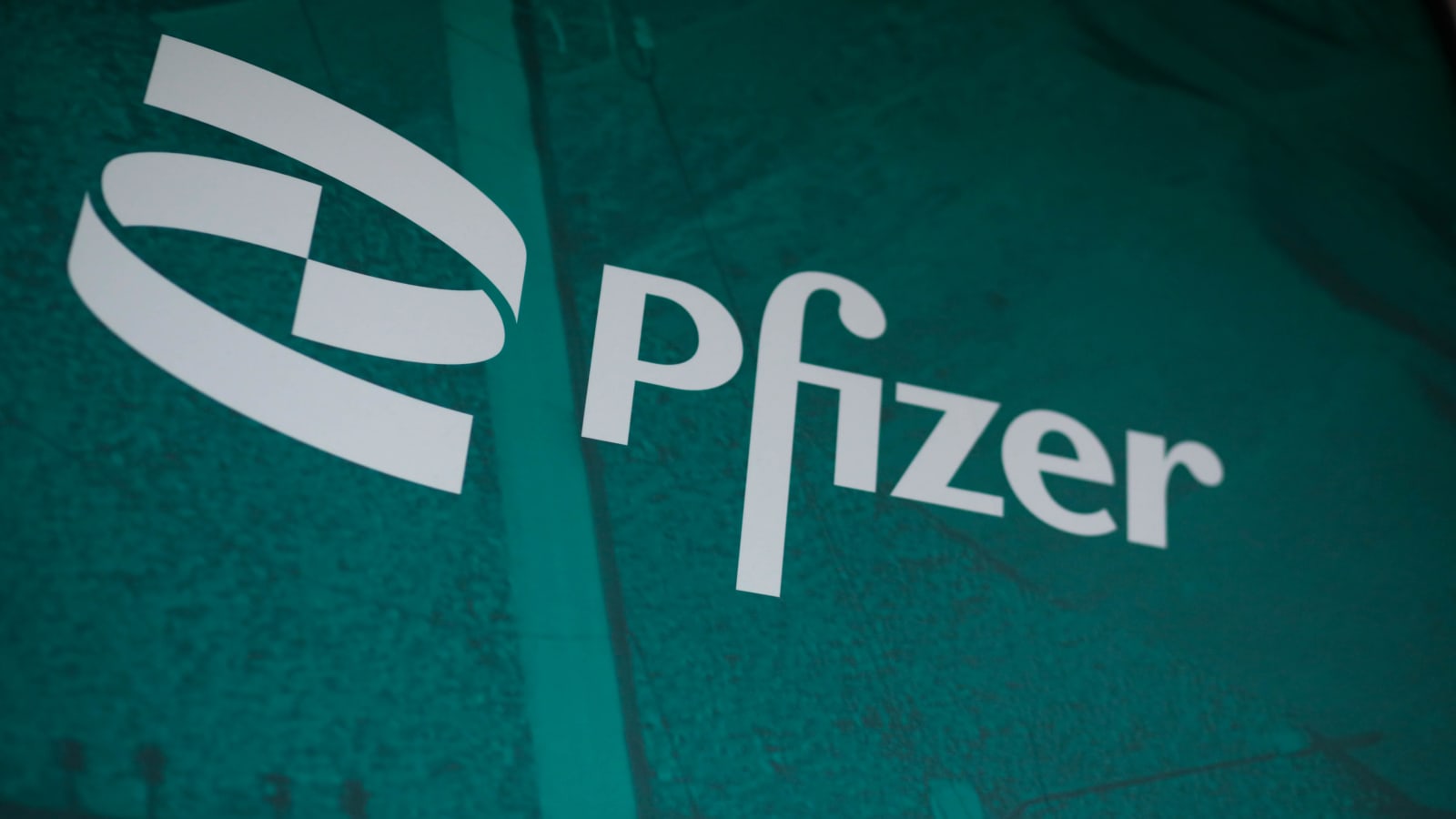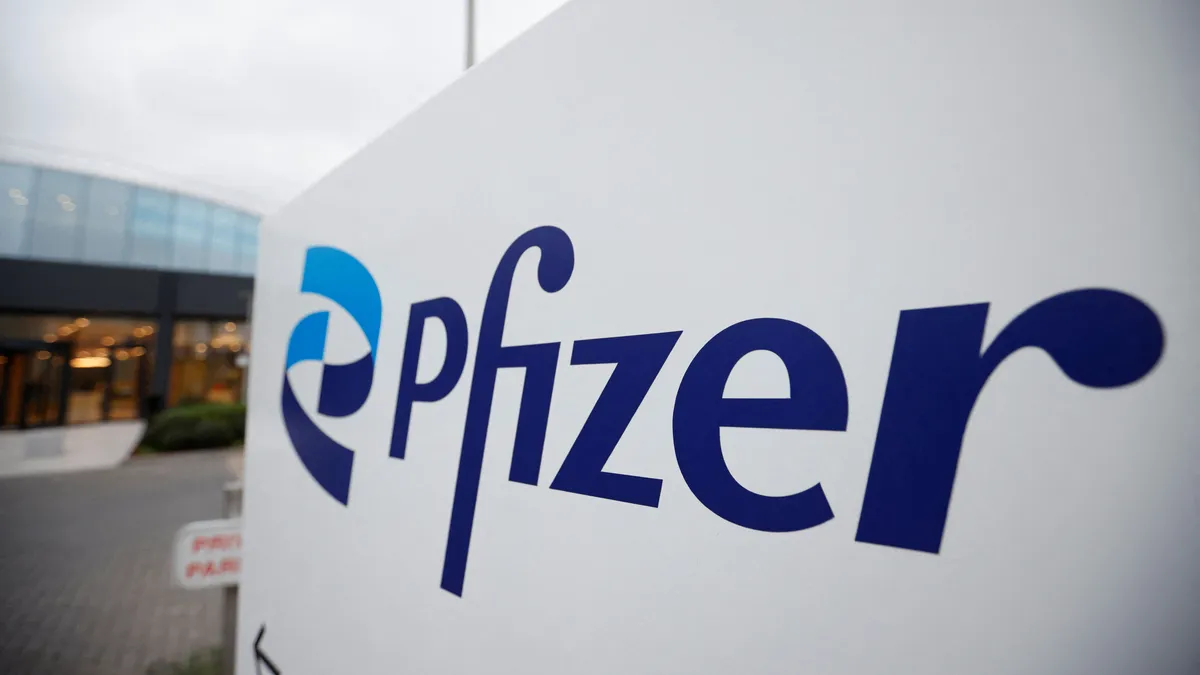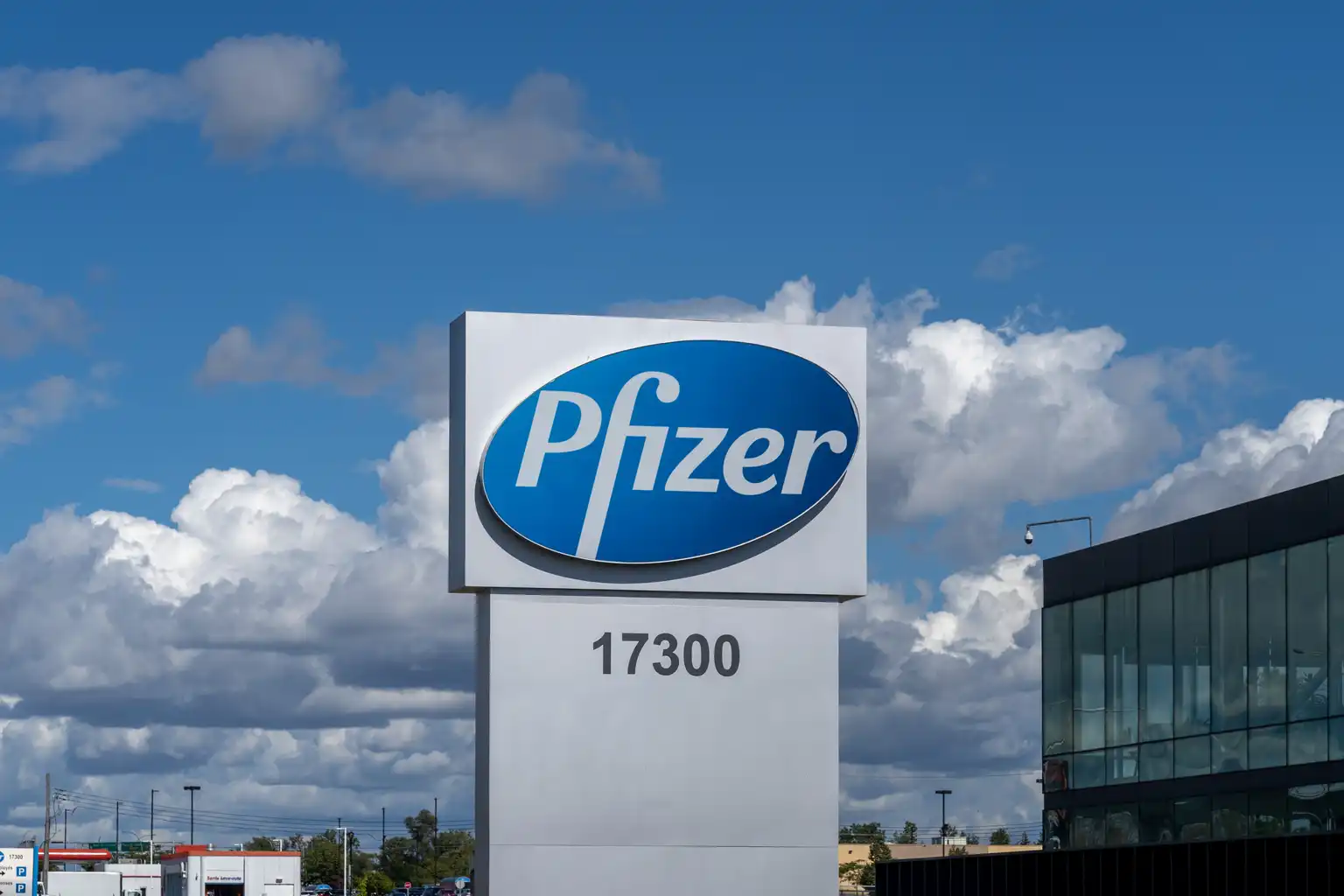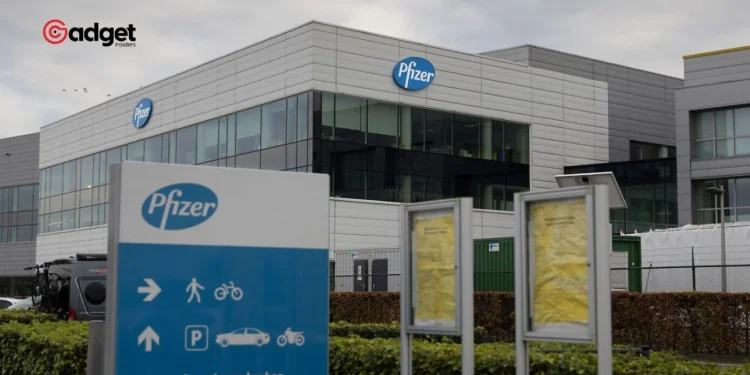In the heart of New York City, the iconic Pfizer headquarters stands as a symbol of both innovation and resilience. Amidst the shifting sands of the pharmaceutical industry, Pfizer has announced a robust strategy aimed at financial recalibration and enhanced operational efficiency.
This strategy unfolds as the company prepares to save a substantial $1.5 billion by the end of 2027, a move that is pivotal as it seeks to recover from the decline of its Covid-related revenue streams.

Deepening Cost-Cutting Measures
Pfizer’s recent declaration supplements an already ambitious $4 billion cost-reduction plan initiated last year. This comes at a time when demand for its hallmark Covid vaccine and the oral treatment Paxlovid has waned significantly. The pharmaceutical titan revealed in a securities filing that this new wave of cuts would primarily hone in on operational efficiencies across various segments of its business.
A key component of these reductions involves a one-time expense, estimated at around $1.7 billion, which predominantly covers severance for a yet undisclosed number of employees who will be laid off. This cost underscores the tough choices Pfizer is compelled to make as it strives to streamline operations and boost productivity.

Strategic Enhancements and Manufacturing Adjustments
Beyond mere budget trimming, Pfizer is set to embark on a series of “product portfolio enhancements” and significant adjustments to its manufacturing and supply network. These initiatives are designed to reduce complexity and foster a more agile production framework, crucial for staying competitive in today’s fast-evolving market.

“The program will focus on streamlining our ways of working, reducing complexity and increasing productivity in Pfizer Global Supply,”
explained a Pfizer spokesperson. The company also emphasized the phased nature of this program, acknowledging the intricate challenges involved in manufacturing adjustments which require careful planning and extended lead times.
Reviving Investor Confidence
This strategic overhaul arrives at a critical juncture for the company, whose shares plummeted nearly 50% in 2023, marking it as the year’s worst-performing pharmaceutical stock. This drastic downturn wiped out over $100 billion in market value, significantly rattling investor confidence.
However, the tides may be turning. Pfizer recently uplifted investor spirits with its first-quarter financial results, which surpassed expectations, leading to an upward revision of its full-year earnings forecast.
“We are cautiously optimistic about the year,”
stated company’s CEO Albert Bourla, reflecting a renewed sense of confidence in the company’s direction.

Pfizer’s Pivot: Diversification and Innovation
As the pharmaceutical giant pivots from its heavy reliance on Covid-related products, which saw a sharp decline last year, the company is not only focusing on financial prudence but also on diversifying its portfolio.
Despite the challenges, such as the tepid launch of a new RSV vaccine and setbacks in other clinical trials, Pfizer is determined to regain its footing and continue its legacy of innovation and excellence in healthcare.
This strategic realignment, characterized by significant cost cuts and operational streamlining, symbolizes its proactive approach to navigating the complexities of the pharmaceutical landscape.
With a clear focus on sustainability and growth, company is poised to reinforce its market position, ensuring it remains at the forefront of healthcare innovation.










